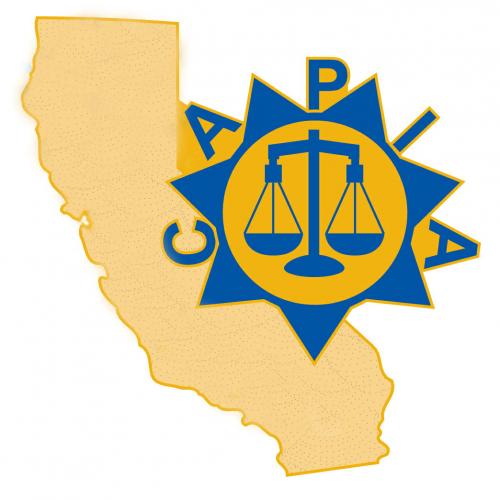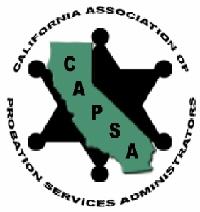Affiliates
Affiliates
Affiliate Policy
Core Principles
-
Expand lines of communication between Affiliates and CPOC
-
Utilize the knowledge and expertise of Affiliates on complex and specific issues for research and solution development
-
Expand CPOC’s policy direction to Affiliates
-
Formalize CPOC’s role as support provider and technical advisor to the Affiliates
-
Encourage the professional development of all staff and the evolution of the industry through transparency, accountability and purpose
New Policy (Adopted 12-11-2019)
1. Affiliate Participation – Affiliate President or designee will:
-
Attend all CPOC quarterly statewide meetings
-
Attend Annual In-person meeting with CPOC Officers to strategize on work assignments for the year
-
Participate in quarterly calls with CPOC Staff and CPOC Officers
-
Share Affiliate Executive Board minutes with other Affiliate Organizations and CPOC
2. CPOC staff to include Affiliate Presidents on email communications
-
Weekly Communication Memos which include a Legislative Update and other communications not deemed confidential
- The Affiliates shall decide how best to distribute to their membership
3. Formalize assignments to the Affiliates
-
CPOC staff will transmit to the Affiliate president a written memo. outlining the assignment, time frame for completion, and identifying the lead CPOC staff/committee with whom/which to collaborate
-
Affiliate president will organize the working group and process to best accomplish the request, which considering statewide diversity to achieve maximum input
4. Encourage CPOC presence in Affiliate meetings (when feasible)
-
Chief Liaisons/Host Chief will attend regional meetings and conferences and provide a brief welcome
-
Chief Liaisons/Host Chief will provide a legislative update at Executive Board Meetings (in-person or by telephone)
-
CPOC Staff (CPOC Executive Director and/or CPOC Deputy Director) will call into Executive Board Meetings upon request and attend conferences as feasible
-
Chief Probation Officers will encourage staff membership and attendance at Regional Meetings, Executive Board Meetings and Conferences
5. Miscellaneous
-
Affiliate Officers shall seek approval from their Chief before accepting nomination
-
Executive Board Meetings and Conferences will rotate locations
-
Executive Board Meetings and Regional Meetings will have the capability for staff to participate by telephone
-
CPOC will provide standard guidance on operational issues that cross all affiliates
California Association of Probation Institution Administrators (CAPIA)
The purposes of this association shall be to enable the administrators of Probation Institutions (institutions include juvenile camps, ranches and juvenile detention facilities) throughout the state to join in mutual efforts, and in cooperation with the Chief Probation Officers of California to:
California Association of Probation Services Administrators (CAPSA)
The mission of CAPSA is to assist CPOC in developing correctional standards throughout the state; to assume a leadership role in the mobilization, coordination, and implementation of correctional programs that provide for public protection and the prevention of crime and delinquency; and in providing service to the courts.
Probation Information Technology Managers Association (PITMA)
The Probation Information Technology Managers Association (PITMA) was established in February 2003 to support the Chief Probation Officers of California (CPOC) by enabling Probation IT Professionals to consolidate their expertise and present a unified approach to:
Probation Business Managers Association (PBMA)
An affiliate organization of the Chief Probation Officers of California for fiscal staff. There is a PBMA voting representative for each of the 58 counties – each member appointed by his/her county Chief Probation Officer and additional non-voting members with county fiscal responsibilities.




